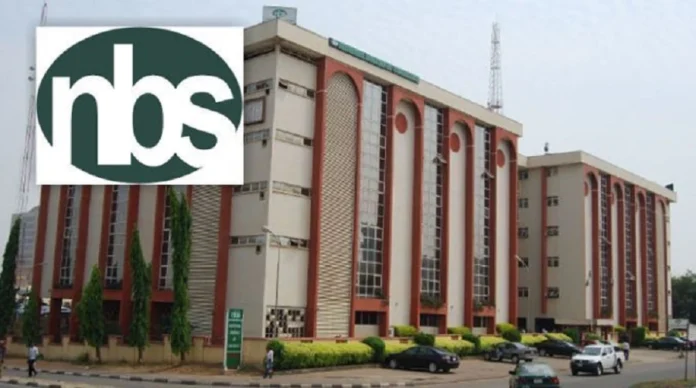FCT, Ogun, Anambra, 30 other states record zero foreign investment in 2024
A total of 32 out of 36 states, including the Federal Capital Territory (FCT), recorded zero capital importation (foreign investment) in the first nine months of 2024. This is an increase from 27 states that reported no foreign investment throughout 2023.
According to the latest Capital Importation data from the National Bureau of Statistics (NBS) for the third quarter (Q3) of 2024, Nigeria’s total capital importation experienced a significant decline of 51.90% from the previous quarter, dropping to $1.25 billion. This is down from $2.60 billion in the second quarter (Q2) of 2024, indicating a sharp contraction in foreign investment despite an annual increase of 91.35% compared to Q3 2023.
The data reveals that Nigeria attracted $1.2 billion in the third quarter of 2024, in contrast to $2.6 billion and $3.3 billion in the second and first quarters of the year, respectively. Overall, capital importation for the first nine months of 2024 totaled $7.1 billion, compared to $3.9 billion for all of 2023.
While there is a notable year-on-year increase in Nigeria’s total capital importation—from $3.9 billion in 2023 to $7.1 billion in 2024—it masks an uneven distribution of investments across states, indicating that overall growth has not translated into widespread economic benefits.
According to the NBS data, only Lagos, Ekiti, Enugu, Kaduna, and the FCT attracted capital importation during this period. Lagos State received the largest share, amounting to $4.6 billion, followed by the FCT with $2.39 billion. Ekiti State attracted a mere $120,000, mostly in the third quarter, while Enugu and Kaduna states saw inflows of $180,000 and $1.95 million, respectively, in the third quarter alone.
Other states, including Abia, Akwa Ibom, Anambra, Niger, Ogun, Ondo, and Rivers, which had attracted inflows in 2023, have yet to receive any this year. Additionally, states like Bayelsa, Ebonyi, Gombe, Jigawa, Kebbi, Taraba, Yobe, and Zamfara have not attracted any capital at all.
Analysts attribute Lagos and the FCT’s dominance in foreign investment to their better infrastructure, regulatory environments, and economic activities compared to other states. The lack of investment in states with significant natural resources or strategic potential suggests deeper issues such as insecurity, lack of investor confidence, and poor governance.
For instance, oil-producing states such as Bayelsa and Rivers failed to attract capital inflows, despite their importance to Nigeria’s economy. Read More















